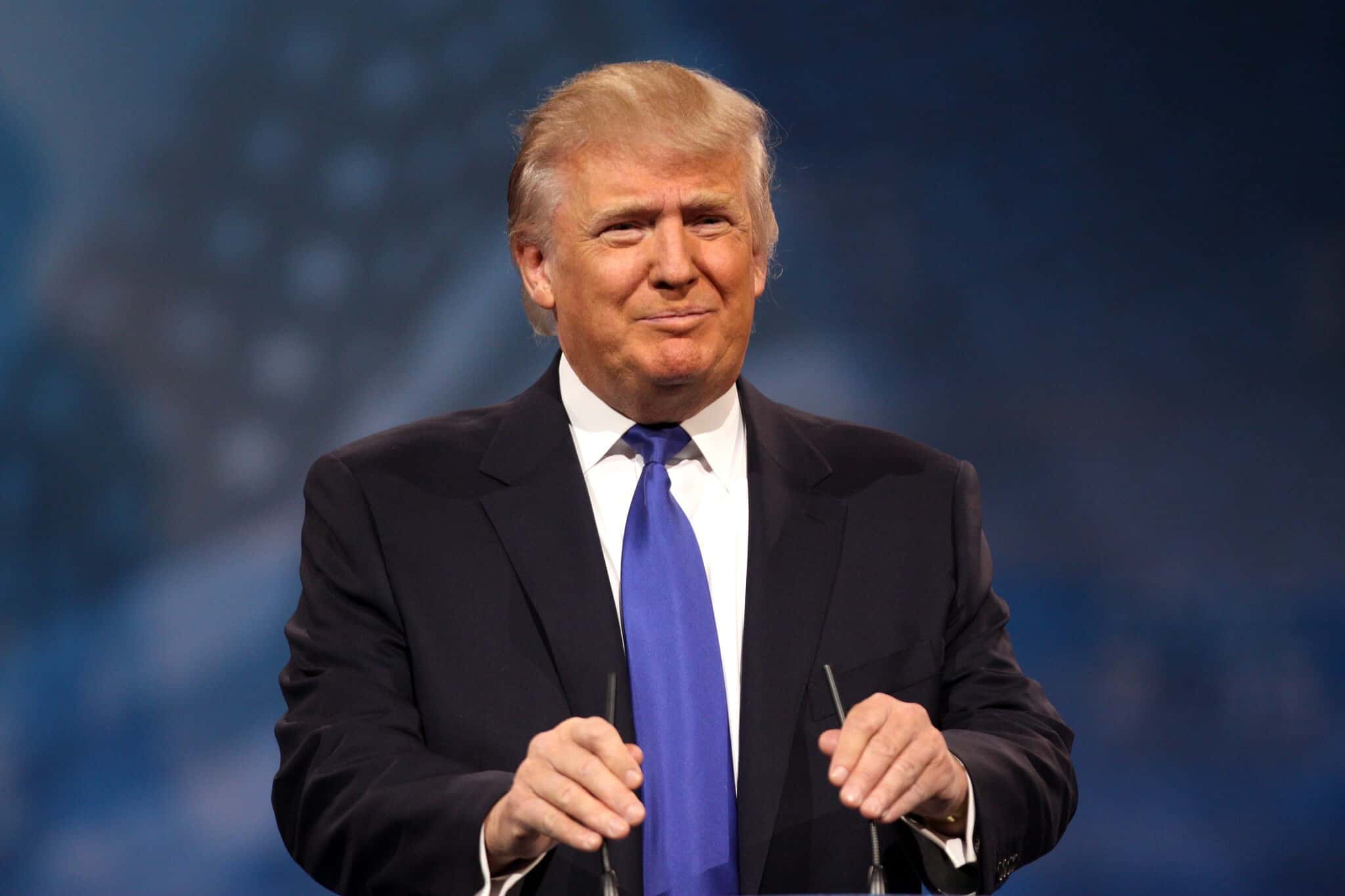Each prominent political leader does his best to act in the interests of his country. And that’s exactly what Mr. Trump is trying to do for the United States of America.
It wasn’t long ago when we published this infographic about the US – China Trade Wars.
On October 17, the famous American newspaper, The New York Times, informed that the 45th U.S. president opened a new front in his trade battle with China in terms of international shipping. Let’s take a close look at the news and try to understand what’s really happening on the global political scene and, what matters most, what are the possible consequences for retail and dropshipping businesses.
Donald Trump announced his intention to withdraw from a postal treaty, first drafted in 1874, that gives a huge advantage to Chinese companies allowing them to ship small packages to the U.S. at a discounted rate.

It is widely known that the Universal Postal Union treaty sets fees that national postal services charge to deliver mail and small parcels to the countries of the world. Since 1969, poor and developing countries, including China, have been assessed lower rates than wealthier countries in Europe and North America.
In fact, the withdrawal was announced by the White House on Wednesday to punish China for what the administration says is a pattern of unfair trade practices. It’s a part of a coordinated push by Mr. Trump to counter China’s dominance. The White House said that sufficient progress hadn’t been made on reforming terms of the postal treaty and that it would begin the withdrawal process while seeking to negotiate bilateral and multilateral agreements to resolve the problems.
State Department officials were expected on Wednesday to inform the officials at the Universal Postal Union in Bern, Switzerland, of their intention to pull out of the system and set new higher rates on China.
In conformity to the union’s rules, members will have a year to renegotiate new terms before the withdrawal becomes permanent. Also, the White House statement said that:
If negotiations are successful, the administration is prepared to rescind the notice of withdrawal and remain.
These steps taken by the White House are expected to cause tensions and uneasy relationship with China, which the administration has already punished with tariffs on $250 billion worth of Chinese goods, investment restrictions and other measures.
And it’s still questionable whether Donald Trump will meet with China’s president, Xi Jinping, in Argentina this November.
Another question is whether the policy will extend beyond China and the rates will be changed for other counties as well.
It is not clear whether China will adopt retaliatory measures if the United States pulls out of the treaty.
So, why does President Trump want to overturn the postal treaty that, without a shadow of a doubt, will hurt China? The lower rates, initially, were intended to encourage the development in Asia and Africa. And what do we have now? Chinese companies make up about 60% of packages shipped into the USA. Taking advantage of the lower rates to ship clothing, household gadgets, and consumer electronics, they, literally, flood the market with cheap consumer goods. Lots of websites now offer free shipping from China. The administration officials believe it’s because of the cheap postal rates.

What is more, China is undercutting American competitors. There were prompted complaints from small businesses, big retailers like Amazon and shipping giants like UPS. The rise of some shipping costs on Chinese exports was expected to take place, but those changes were believed to be insufficient to deal with the new realities of eCommerce and the explosion of online free shipping offers of goods from China.
According to Mr. Trump’s hard-line trade adviser, Peter Navarro, Chinese companies often sell ‘knockoff’ goods through online traders, such as Amazon or Alibaba, to American consumers for less than it costs for American mailers to ship authentic products. Besides, while USPS loses an estimated $1 on every small package that arrives from China, outbound mail of American exporters is charged at well above cost.
Moreover, it’s not clear how much the disparity costs American taxpayers and retailers, but according to a 2014 study the discounted shipping cost industrialized nations as much as $2.1 billion a year in total. The losses to retailers and manufacturers could be much more, as online commerce expands further to the industry groups applauded the move as targeted and proportional. Although, the changes could have an even bigger impact on small retailers who suffer from being undercut by Chinese competitors.
“Manufacturers and manufacturing workers in the United States will greatly benefit from a modernized and far more fair arrangement with China.”
Jay Timmons, chief executive of the National Association of Manufacturers
John Rutledge, an Economics Contributor to CNBC, thinks that these two counties are more natural rivals than they were before. He also assures that the business owners and investors in China think that the trade war with the US is turning into a cold war.
The biggest question is whether China and the US will end up as friends or enemies. They should actually try to sort things out because only their normal communication process will make possible the future cooperation. In fact, all the world leaders should better team up and work for the well-being of the humankind, don’t they?
However, let us go back to changing shipping regulations. What effects can we expect after the adoption of these new laws? Is there an undisputed benefit for everybody in the US? It sure looks like people will not be able to buy super-cheap items no more, and will have to settle for branded, local merchandise that will cost more but arrive fast.
Happy national manufacturers benefiting from the given opportunities.
Just for justice’s sake, it should be noted that those are two sides of the same coin. While the national manufacturers look to be put in the driver’s seat and benefit from the given opportunities, the dropshippers working closely with shipping from China, with such global e-commerce platforms as AliExpress or any other retail service based in China, will inevitably lose clients and bound to incur losses. So, if you are dropshipping and sourcing products from China, you should always be ready to respond to the rapidly changing dynamics and the challenges of the modern world. And that means staying alert and finding out how to keep making that money!
P.S, We talked about the dropshipping from China methods before, if you are interested.
Sources:
nytimes.com

